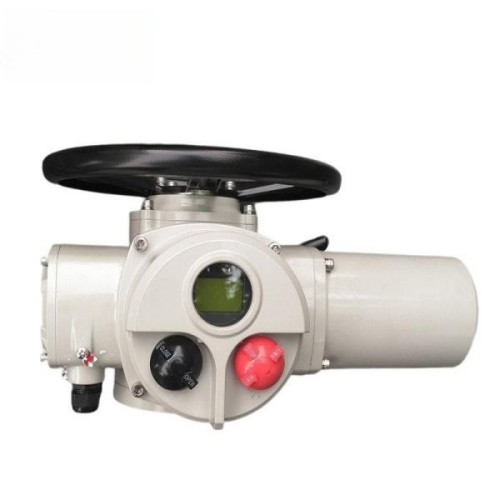Understanding the Functionality and Applications of Float Valves in Fluid Control Systems
Understanding Float Valve A Key Component in Fluid Management
Float valves are essential components in various fluid management systems, playing a crucial role in maintaining optimal water levels in tanks and other storage systems. These devices operate based on the principle of buoyancy, utilizing a floating element that rises and falls with the water level, enabling automatic control of water flow. This article will delve deeper into the function, types, applications, and advantages of float valves, highlighting their significance in industrial and domestic settings.
Functionality of Float Valves
The primary function of a float valve is to regulate the flow of fluid—often water—into a reservoir based on the changing water level. When the water level in a tank drops below a predefined point, the float descends, triggering the valve to open and allow water to flow in until the desired level is reached. As the water fills the tank, the float rises, eventually shutting off the valve when the maximum level is attained. This ingenious mechanism not only simplifies management tasks but also prevents overflows and wastage, ensuring efficient water usage.
Types of Float Valves
Float valves come in several types, each designed for specific applications. The most common types include
1. Ball Float Valves This type features a ball-shaped float that pivots on a lever arm. When the water level rises, the ball rises too, pushing the lever to close the valve. Ball float valves are widely used in various water tanks and cisterns.
2. Cone Float Valves These valves utilize a conical float that moves vertically, connecting directly to the valve mechanism. Cone float valves are often used in agricultural irrigation systems and aquaculture, where precise control over water levels is essential.
3. Piston Float Valves Incorporating a piston mechanism, these valves provide reliable sealing against high pressure and are favored in industrial applications, including boiler feedwater systems.
Each of these types serves unique purposes, offering various advantages in different settings, from homes to larger industrial facilities.
Applications
float valve

Float valves are versatile and can be found in numerous applications across multiple industries. In residential settings, they are commonly used in toilets, sump pumps, and aquarium systems, ensuring efficient water management. In agricultural practices, these valves help manage irrigation setups, preserving water resources while enhancing crop production.
Industrially, float valves play a vital role in power plants, chemical processing, and water treatment facilities. They assist in maintaining appropriate liquid levels in storage tanks, helping to automate processes and improve operational efficiency. With the growing emphasis on sustainability and resource management, the demand for effective float valve solutions continues to rise.
Advantages of Float Valves
The use of float valves offers several advantages, including
- Automatic Operation Float valves automate the flow of fluids, reducing the need for manual intervention and minimizing the risk of spills and overflows.
- Water Conservation By accurately regulating water levels, float valves contribute to significant water savings, which is crucial in areas facing water scarcity.
- Durability and Reliability Most float valves are designed to withstand harsh conditions, ensuring a long service life with minimal maintenance.
- Cost-Effectiveness Implementing float valves in various systems can reduce costs associated with water treatment and management, making them a financially viable option for both residential and industrial applications.
Conclusion
Float valves are integral to effective fluid management, providing an automated solution that promotes efficiency, reliability, and sustainability. Whether in the home, in agriculture, or within industrial processes, these devices play a critical role in maintaining optimal water levels and conserving valuable water resources. As technology advances, the evolution of float valves promises even more innovative solutions for fluid management challenges, underscoring their importance in our daily lives and the industries that drive our economy.
-
The Key to Fluid Control: Exploring the Advantages of Ball Valves in Industrial SystemsNewsJul.09,2025
-
The Versatile World of 1, 2, and 3 Piece Ball ValvesNewsJul.09,2025
-
Stainless Steel Ball Valves: The Ideal Choice for Efficient Flow ControlNewsJul.09,2025
-
Optimizing Fluid Control with Ball Float ValvesNewsJul.09,2025
-
Manual Gate Valves: Essential for Control and EfficiencyNewsJul.09,2025
-
Everything You Need to Know About Butterfly ValvesNewsJul.09,2025
-
The Versatility of Wafer Type Butterfly ValvesNewsJul.08,2025




